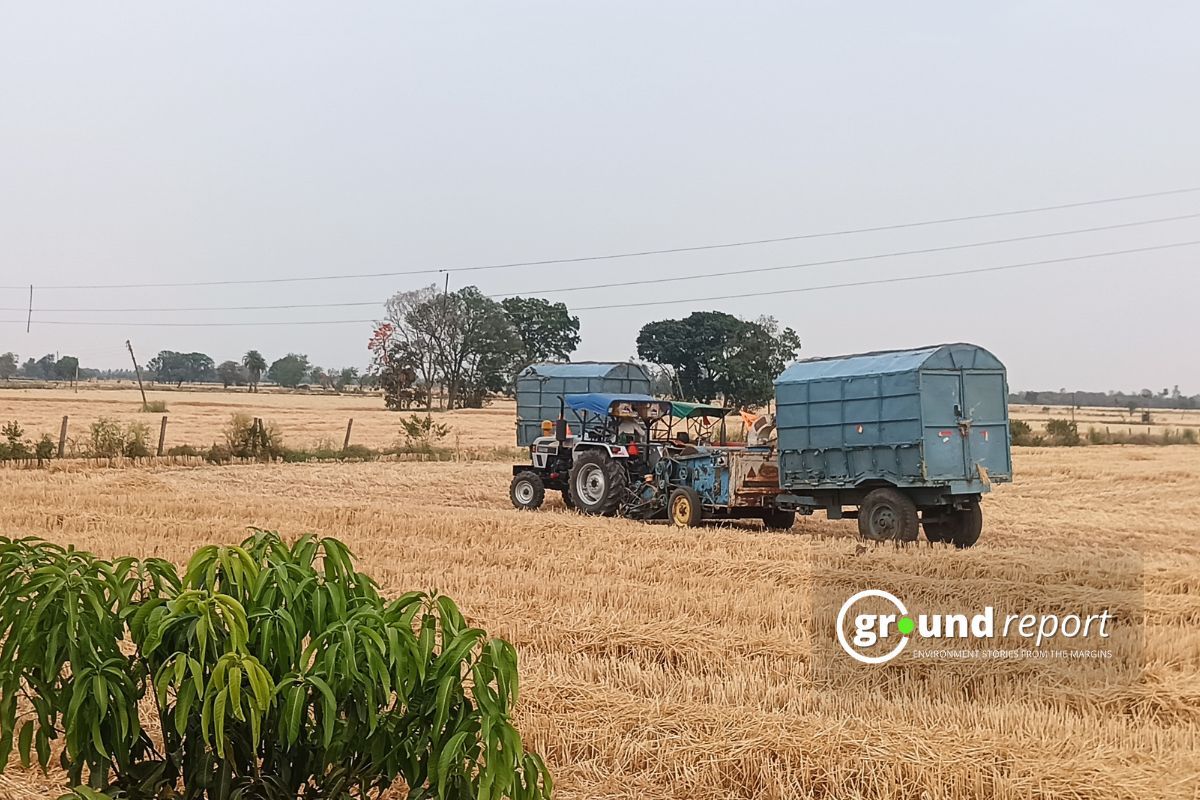Most rich countries use deceptive and dishonest accounting practices to exaggerate the climate finance they provide to developing countries, according to research by the international anti-poverty coalition Oxfam.
Rich countries misleading climate finance
Nafkote Dabi, climate change policy officer at Oxfam International, said: “Contributions from rich countries not only remain well below target, but they are also misleading in accounting for climate finance in a way that is neither correct nor adequate”.
Those countries “are overestimating their own generosity and painting too rosy a picture, while concealing the amount actually going to poor countries,” Dabi added.
In 2020, according to Oxfam research, the real value of climate finance provided to developing countries was between $21 billion and $24.5 billion, compared to the $68.3 billion that rich countries reported providing in 2020.
Together with private financing, the total finance mobilized was proclaimed as 83.3 billion dollars, with an overestimation that could reach 225%, according to the study.
Global climate finance goal
The global climate finance goal is set at 100 billion dollars a year and is one of the issues that will be evaluated at the 27th United Nations Conference of the Parties (COP27) on climate change, which will bring together 197 countries and other members from November 6 to 18 in the Egyptian city of Sharm el Sheikh.
Dabi stated that “the current global climate finance mechanism is like a broken train that risks taking us to a fate of catastrophic proportions. Excessive lending is indebting poor countries, which are already struggling to address the impacts of climate change.”
“Too much funding is being declared in a dubious and dishonest way. As a result, the most vulnerable countries continue to be unprepared to face the violence of the climate crisis”, added the head of the coalition.
“The current global climate finance mechanism is like a broken train that risks taking us to a fate of catastrophic proportions. Excessive lending is indebting poor countries, which are already struggling to address the impacts of climate change” .
Nafkote Dabi
The investigation showed that instruments such as loans are reported at face value, ignoring repayment of financing, among other factors.
Forcing poor countries to repay loans
Too often, funded projects have less of a climate focus than stated, so the net value of the support that goes specifically to climate action is likely to be much lower than stated climate finance figures suggest.
Today, loans dominate more than 70% of public climate finance provisions ($48.6 billion), fueling the debt crisis facing developing countries.
For Dabi, “forcing poor countries to repay loans in order to deal with the climate crisis to which they have barely contributed is deeply unfair.”
“Instead of supporting countries facing worsening droughts, cyclones and floods, rich countries are undermining their ability to cope with future shocks, as well as deepening their poverty levels,” adds Dabi.
He recalled that the payment of the external debt of the least developed countries amounted to 31 billion dollars in 2020.
For example, Senegal, ranked in the bottom third of the world’s most vulnerable countries to climate change, received 85% of its climate finance in the form of debt, with only 29% as non-concessional loans.
This was so despite presenting a moderate risk of falling into a debt crisis, and the fact that its debt represents a manageable 62.4% of its gross national income.
Climate financing system
The overestimation in financing would also reach multilateral entities, such as the World Bank, whose climate financing reports “do not allow the alleged levels to be verified independently, so there could be a discrepancy of up to 40%” when examining, for example, the data of 2020.
A central Oxfam thesis is that if developed countries honour their commitment to mobilize $100 billion a year and truly address their climate finance accounting errors, a large-scale climate catastrophe can be averted.
“By manipulating the system they will only make it the poor countries, which have contributed the least to the climate crisis, the ones that end up paying,” said Dabi.
He insisted that “a climate financing system that is mainly based on loans only aggravates the problem. Rich countries, especially those that pollute the most, have a moral responsibility to offer alternative forms of climate finance, especially subsidies.”
For Oxfam, in the COP27 negotiations, “rich countries must urgently commit to increasing funding for vulnerable countries for adaptation to climate change through subsidies, as well as improving their faulty reporting practices.”
Also Read
- Sarbal Village: A hamlet in Kashmir waiting for development
- Farmers in MP face crop failure every year due to climate change
- Climate Change: Kishanganga Dam causes water concerns
Follow Ground Report for Climate Change and Under-Reported issues in India. Connect with us on Facebook, Twitter, Koo App, Instagram, Whatsapp and YouTube. Write us on GReport2018@gmail.com








